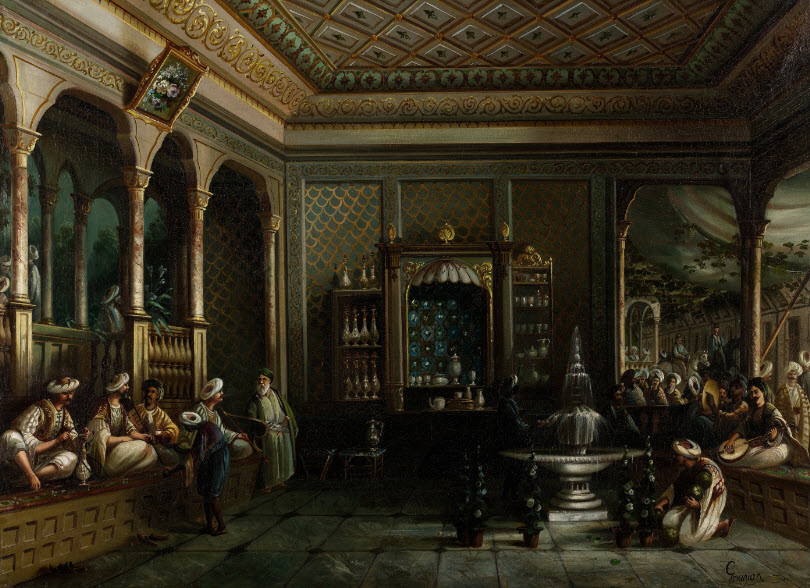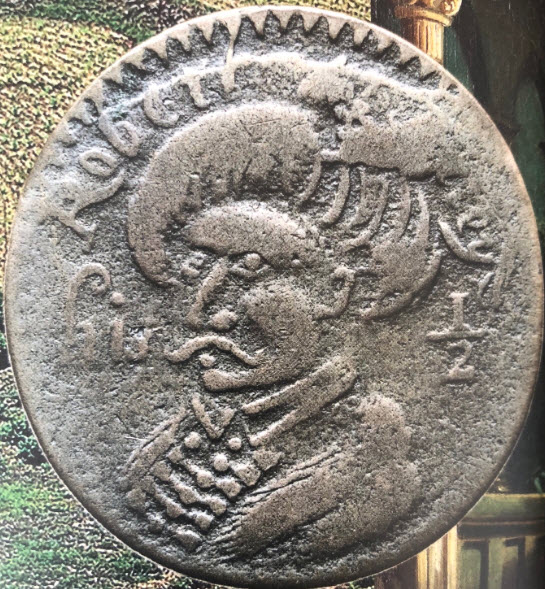An old tale tells the story of a young goat herder in Ethiopia in the sixth century, who was astonished to see his herd of goats become particularly excited when they ate certain red berries of an unknown plant. He picked some of these berries and took them to the local monastery. The Prior used them to make a brew, which he drank, and found that he remained incredibly alert during evening prayers. Other legends suggest that the monks threw the beans into the fire, but retrieved them due to their pleasant aroma, placing the beans in hot water to preserve them, but later drinking the water. The stimulating effect of the drink kept the monks awake during their evening prayer services; thus coffee became a beverage.
It is believed that the word coffee derives from Kaffa, the south-western region of Ethiopia in which the plant thrived. In Arabic qahwah which in turn is derived from the Swahili kahawa. According to lexicography, the word qahwah originally assumed meanings such as “invigorating”, “power”, “energy,” but over time, it has come to refer to a drink obtained from coffee beans. Historians say the coffee plant arrived in Arabia with the Ethiopian invasions of the thirteenth and fourteenth centuries.
While there are many legends about the origin of coffee, it is generally agreed that large-scale cultivation of coffee trees began in Yemen, becoming well-established there by the fifteenth century, when Sufis consumed it to remain alert during their long devotional practices. Its consumption became controversial when some ulama likened it to alcohol, an intoxicant, and deemed it impermissible to consume. Coffee was also censored because some ulama and rulers regarded coffee-houses as hotbeds of impious behaviour and rebellion. In the fifteenth and sixteenth centuries, there arose many coffee houses in Arabia; coffee-houses became male abodes whereas women consumed coffee in private.

During the sixteenth century the Ottomans imposed a tax on coffee and at various times both coffee and coffee-houses were banned, most famously under the sultan Murad IV (r. 1623-1640).
Ottoman traders introduced coffee into Europe between the sixteenth and seventeenth centuries. European coffee-houses and paraphernalia were often replete with Ottoman references including coffee tokens produced in London.

Referred to as a ‘drink of the Muslims,’ attempts were made to ban coffee. Pope Clement VIII (d. 1605), who liked its taste, sanctioned the drink. By the mid-seventeenth century, coffee, coffee-houses or cafés, along with chocolate, tea and tobacco became fashionable. Cafés became places for literary, political, and economic gatherings. A London coffee-house opened by the publisher Edward Lloyd (d.1713) in 1686 was frequented by merchants, seamen, traders, and brokers. Eventually, Lloyd’s café became Lloyd’s of London, one of the world’s largest insurance brokers. But there were also efforts to ban coffee-houses in Europe owing to their potential to generate political dissent or as alleged in a London women’s petition, the drink’s ability to make men ‘feeble’ and ‘dull-witted.’

As the demand for coffee increased, there was competition to cultivate plantations. The first attempt by the Dutch to cultivate trees in India in the seventeenth century failed, but they were successful on the island of Java, in modern-day Indonesia, subsequently expanding their cultivation in Sumatra and Celebes. Travellers, missionaries, and traders took coffee seeds all over the world, giving rise to one of the most profitable commodities (A Brief History of Coffee)
Adapted from Islam: An Illustrated Journey, Farhad Daftary, Zulfikar Hirji, Azimuth Editions in association with The Institute of Ismaili Studies, p 272-273
